The path to recovery from COVID-19 – LogiSYM August 2020
The Logistics & Supply Chain Management Society
AUGUST 20, 2020
This analysis focuses on four Southeast Asian economies: Singapore, Thailand, Indonesia and Malaysia. We analyzed the changes in domestic transit time of e-commerce deliveries across Singapore, Thailand, Indonesia and Malaysia, accounting for social restrictions, lockdowns and adjustments in logistics capacity.

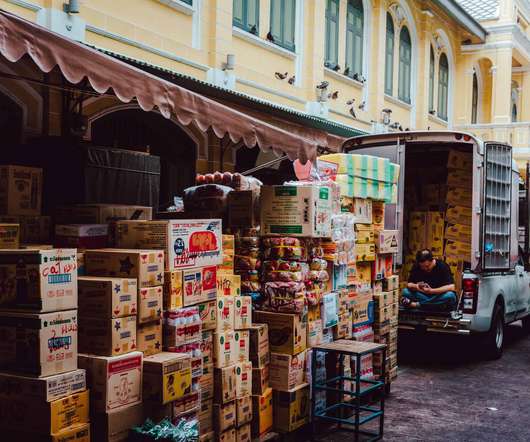
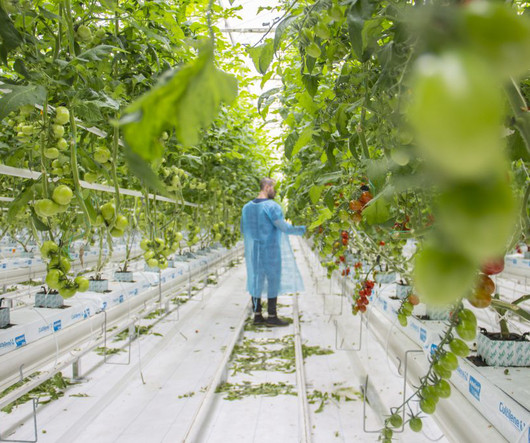


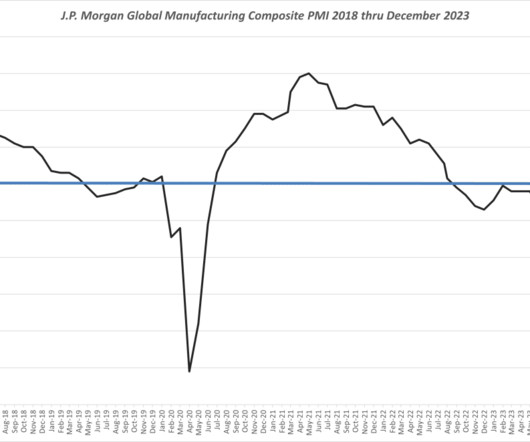
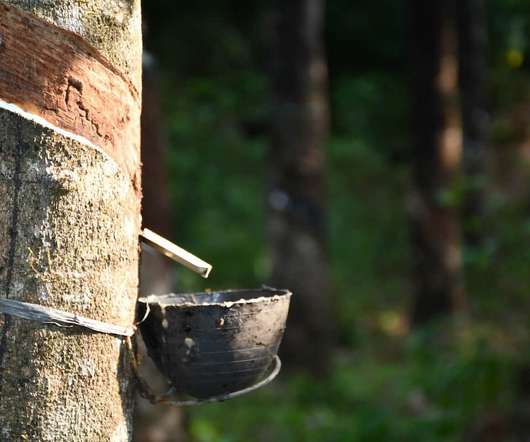
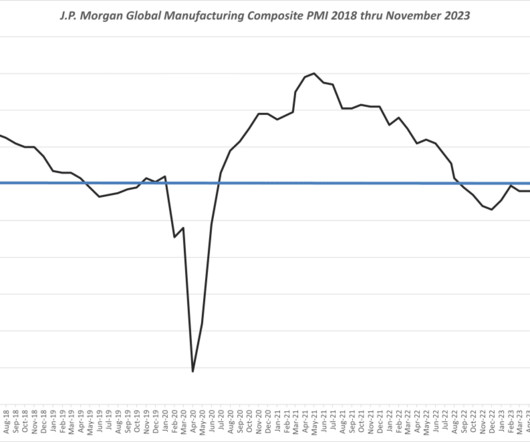
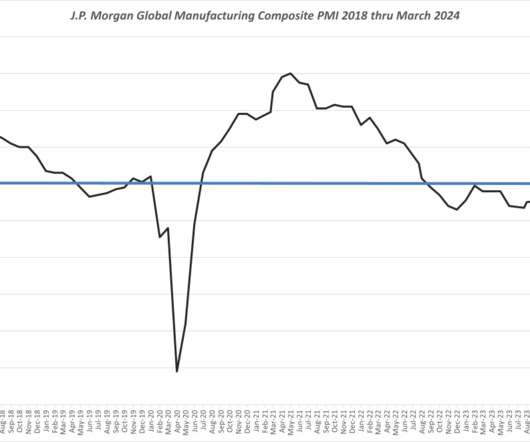

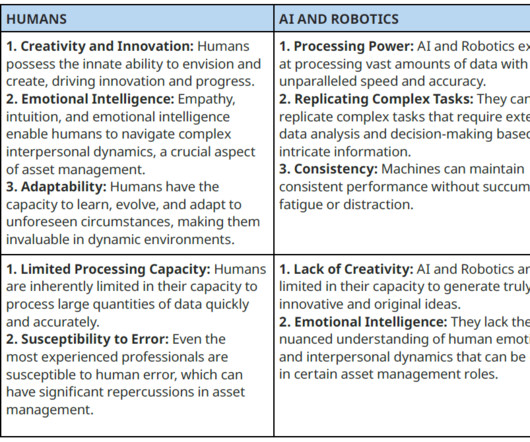















Let's personalize your content